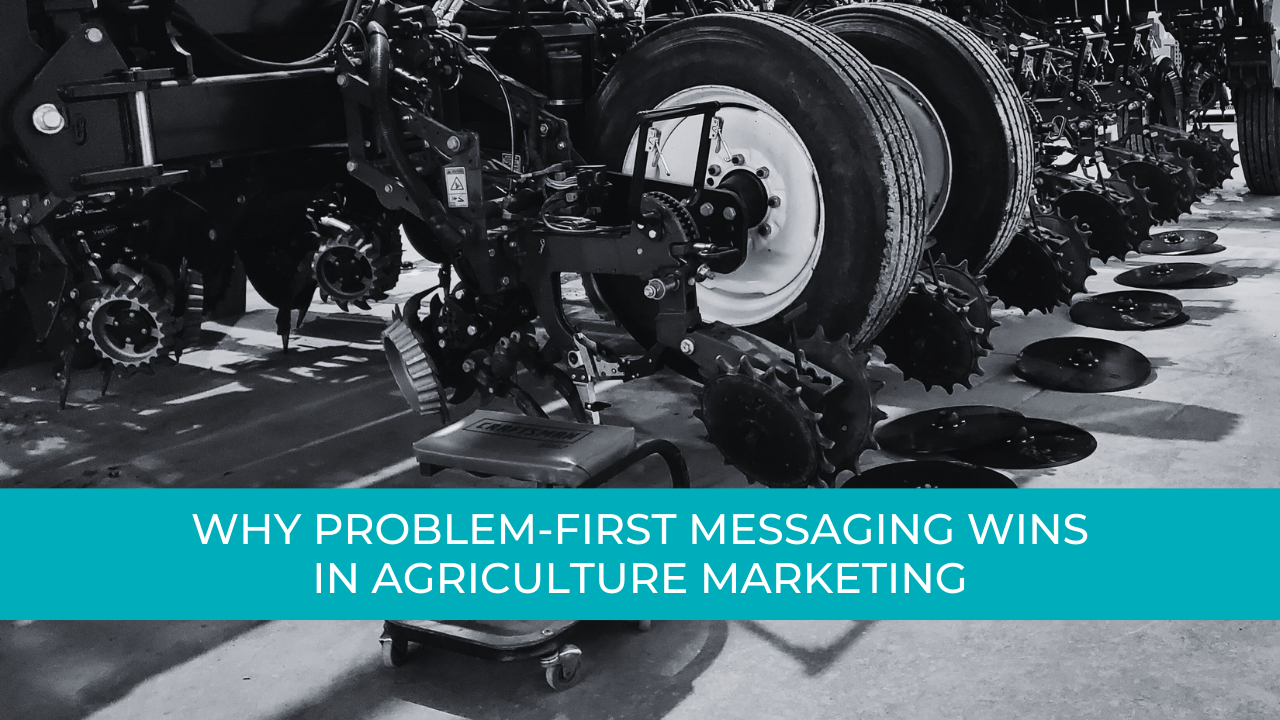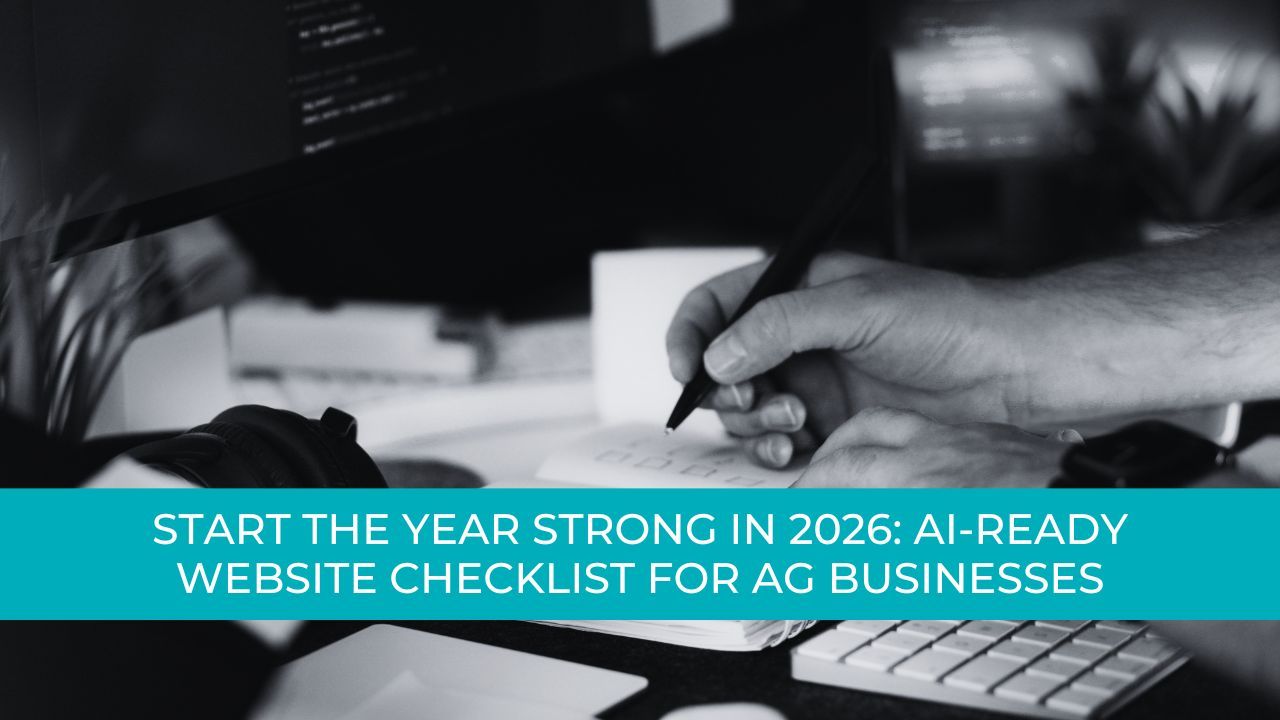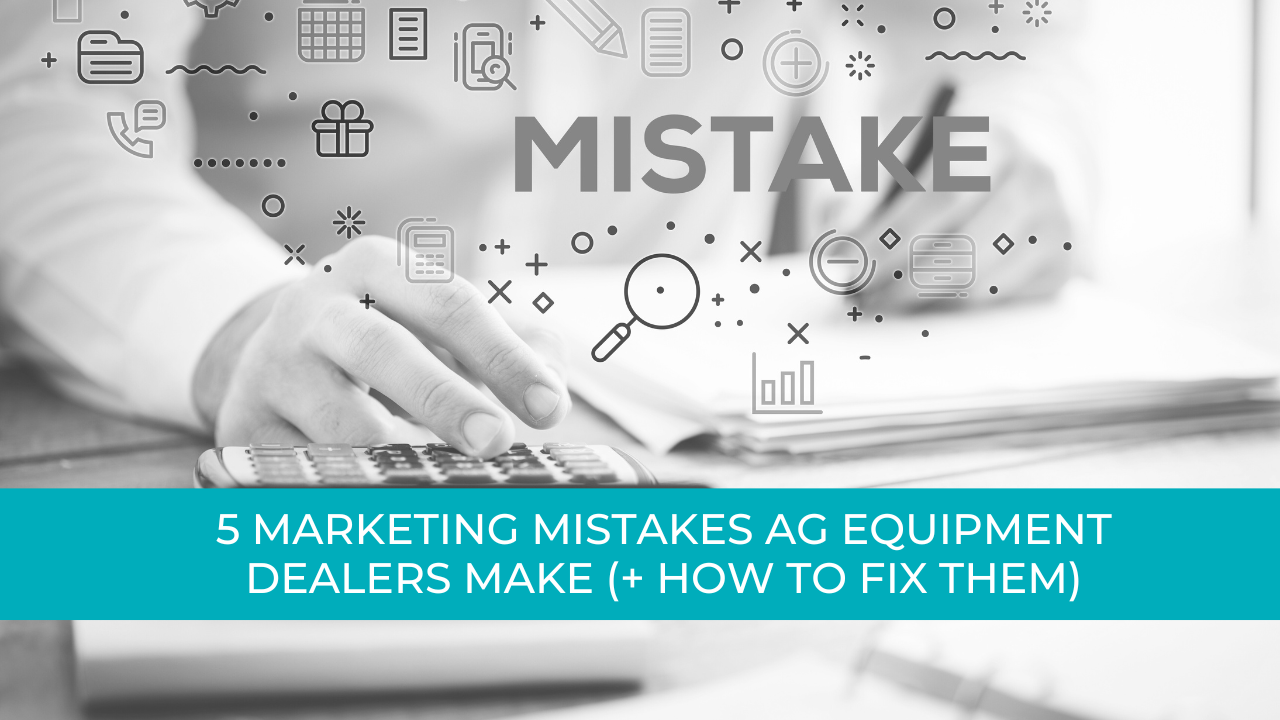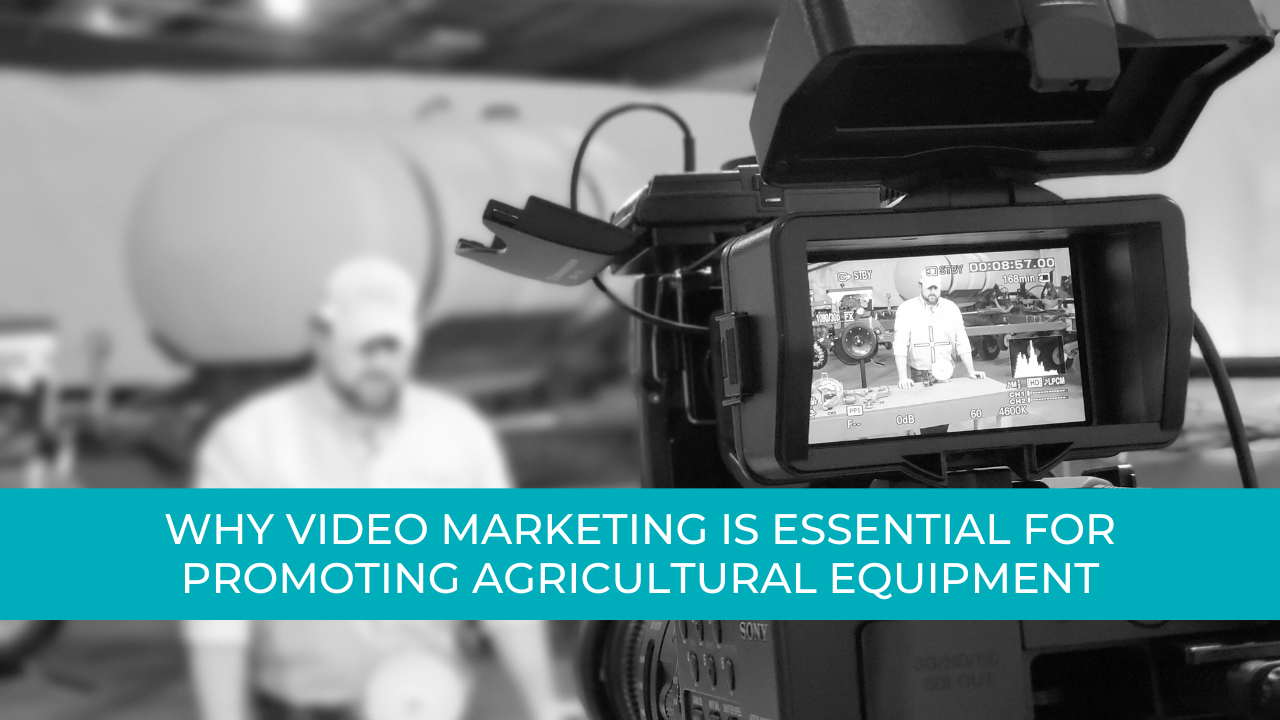7 Tips To Improve Your Website’s Rank On Google & Keep Your Audience Engaged
By Laura Sutherly, Founder & Digital Marketing Strategist at Agtivation / May 1, 2023
7 Tips To Improve Your Website’s Rank On Google & Keep Your Audience Engaged
Did you know there are 8.5 billion searches on Google daily? But 75% of searchers never scroll past Google's first page of results.

So even with this many searches on Google, if your agricultural business's website isn't front and center on the first page, you won't get many visits.
This is where SEO, or search engine optimization, comes in.
SEO is designed to help your website get seen online and push it to the top of the search results where all your potential clients can see it.
Google's algorithms are constantly changing, so even if you previously optimized your website for the search engine, it might be outdated and need a refresh.
Today we'll show you some of the best ways to improve your agribusiness's rank on Google while keeping your audience engaged.
Take a look at these 7 simple tips to get started with your search engine optimization.
1. Create high-quality content for your website
Your resources section, where you publish all your high-quality and valuable content, is one of the best ways to attract clients, keep your audience engaged, and get your website to the top of the search results.
Every time a new blog is added, a new page is indexed by Google, and a new opportunity to rank for important keywords opens up. The more informative and premium content you add to your website, the more you'll be seen as an expert in your niche by your potential clients and Google.
How to write content that ranks on Google
- Choose a relevant topic - ensure it has something to do with your niche.
- Do keyword research - take a look at what keywords are ranking for your topic and include them in the opening paragraph and the titles
- Make sure it's easy to read - if your content is easy to read, more people will read it. The longer they stay on your website, the more Google will see you as a trustworthy source.
- Update your blog regularly - SEO is a long game, so to make the most out of it, you must update your blog regularly.
- Stay on top of trends - by posting about new agricultural trends or machinery on your blog. You'll be able to attract more traffic to your website.
Updating your blog regularly is essential, but you should also improve your website copy.
If you haven't updated your website copy in a few years, now is the time. Enhance your website content by:
- Researching in-depth keywords and phrases
- Including keywords in your website copy headings
- Updating your meta titles and descriptions
If you're at a loss of where to begin, consider contacting a team that can write new, optimized content for your website.
2. Build links from reputable sources
Link building or backlinks is a great way to get your website noticed by Google and boosted to the top of the search results.
Building links is when you get your website linked to from trustworthy, authoritative websites in your industry. By linking your website on another, Google will see that you're being recommended by other industry leaders and boost your website to the top of the search results.
How do you build links for your agricultural website?
The best way to build links is to do outreach and contact other companies, bloggers, publishers, and even online magazines.
Sometimes you can request them to link to your website in a relevant blog post on their website. Some will happily do it out of the goodness of their heart, whereas others will want you to link to them in return, and some might even charge a fee.
Links from reputable domains will improve your ranking because it shows Google that you're a credible site.
3. Optimize your website’s performance
No matter how many SEO strategies you try, if your website isn't performing as it should, you'll struggle to keep your audience engaged.
Your website might be hitting the top of the search results, but if it fails to keep hold of clients when they land on your website, then you're in trouble.
Ensure your website's usability and user-friendliness are good before improving your SEO.
You can enhance your website's performance by:
- Improving the loading speed
- Having an easy-to-use navigation
- Creating easy-to-read content
- Making clear calls to action
- Simplifying ways to contact you
- Clearly outlining your products and service
4. Use images and videos
Your visitors will be more transfixed with the images and video content you have on your website than any wall of text.
Breaking up long content with images, graphics, statistics, and videos is a great way to make your content easier to digest and keep your audience engaged for longer.
The longer your potential clients spend on your website, the more Google will see that your company provides exciting content for its users. So, it'll boost your website to the top of the search results.
You should also optimize your images with alt tags and videos with titles and descriptions. This not only helps your web ranking but also enhances the user experience.
5. Take advantage of social media
Social media offers many benefits to agricultural companies, one of them being the ability to drive traffic to your website.
The best way to get people to visit your website on social media is by linking to and sharing your latest blog posts.
You can also link to your website in your social media bio and encourage others to share your blogs and posts. This builds relationships with your audience and increases the amount of traffic coming to your site, boosting your ranking as you prove to Google that you're a reliable company.
6. Make sure your website is mobile-responsive
Most people surf the web using their mobile phones these days, and if your website isn't mobile-responsive, you'll lose many potential leads.
If you're surfing the web on your phone, as many do, and you click on a website that doesn't load properly or is unusable, you’ll leave as soon as possible.
This bounce rate will affect your ranking on Google too. So not only are you losing engagement from your audience, but you're also losing ranking on your website.
Make sure your website is easy to use on mobile; if not, get it updated by your developer as soon as possible!
7. Monitor your ranking
How will you know if you're achieving your goals if you don't keep track of your performance?
Your ranking will also fluctuate over time, and by staying on top of this, you'll know when you need to change your strategy to keep your website ahead of your competitors.
You can use tools like
SERPWatcher or
Rank Tracker to keep on top of your ranking, or you can head over to
Google Search Console to check on it manually.
We hope this blog has helped you figure out some easy things you can do to improve your website's ranking on Google and keep your potential clients engaged.
If you're looking for some help and want more expert advice, the team at Agtivation is here for you.
With years of experience working with agricultural businesses to enhance their online presence, we know we can provide you with the best services for digital marketing and website design.
Improve your ranking with help from our team by
getting in touch today.














